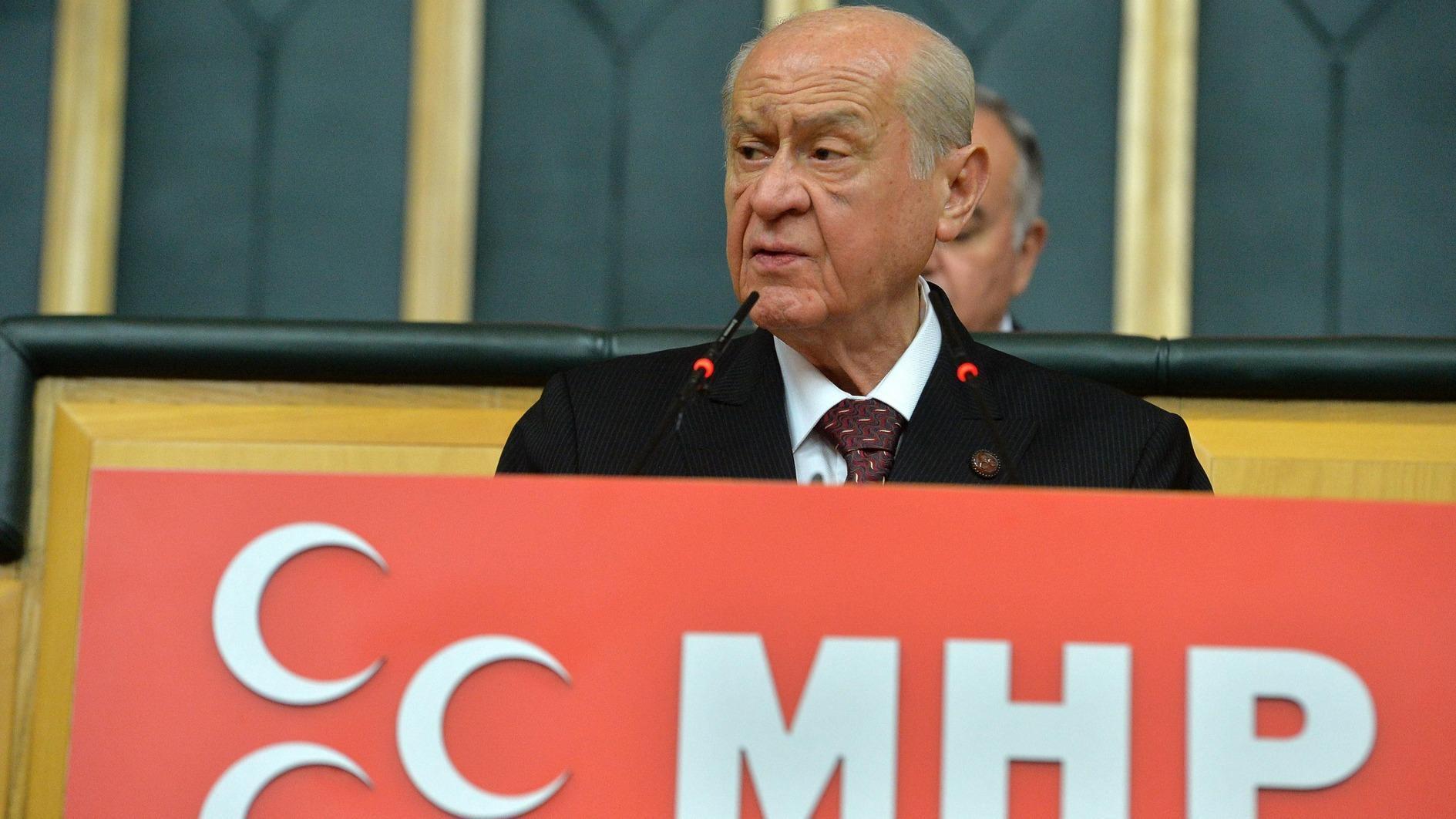The presidential system: Why I am not interested
Turkish Prime Minister Tayyip Erdoğan launched a signal rocket this week by opening a debate on “the presidential system.” He argued that a presidency — like that in the United States — can be a better formula for Turkey than the eight-decade long parliamentary system we have. It is an issue, he said, that should be discussed during the making of the much-awaited new constitution.
Now, one does not need to be rocket scientist to see that Erdoğan might have a personal reason to be interested in such a radical revolution in Turkey’s political system. He has been a prime minister for almost a decade now, but his success, popularity and relatively young age (58) tell him and many others that he should not retire anytime soon. Yet he also promised that his current third term in the prime ministry (from 2011 to 2015) is his last one. His Justice and Development Party (AKP) also has a bylaw preventing any of its members from being elected for more than three consecutive terms. So, by the summer of 2015, Erdoðan needs to be gone.
But gone to a new post, as most people expect, and that is nothing other than presidency: the post that his longtime ally, Abdullah Gül, holds now, but will have to leave by 2014.
That is why there has been a very widespread expectation that Erdoğan will run for the presidency in 2014, before waiting for the end of his prime ministry the next year. He will probably leave the prime ministry to a senior figure in his party, such as his deputy Bülent Arınç, and move to “Çankaya,” the number one residence in Ankara.
This scenario, which is almost taken for granted in Ankara, has also been added to speculation as to whether Gül would come back to the AKP in 2015, to become its leader and the new prime minister. And, despite analogies made with Putin-Medvedev, I have been a supporter of this scenario, for I believe that Gül is the most consistent defender of liberal democracy among Turkey’s new political elites.
But, well, if Erdoğan’s apparent plans work, there will be only one top post in Ankara, the presidency, and Erdoðan will get it in 2014. If he gets reelected in five year’s time, that will take him all the way to 2024 as Turkey’s leader. It will be a 20-year-long saga.
However, I am not interested in this scenario, for two main reasons:
First, the real political issues in Turkey are how to decentralize power, liberalize our laws, reform our archaic judiciary, or solve the burning Kurdish question. The debate around the presidential system could divert our attention and energy from these to a needless political clash.
Secondly, the presidential system works quite well in the United States, but only thanks to federalism, checks-and-balances, and a more liberal political culture. In Turkey, however, it can easily become a recipe for an even more centralized form of political power.
Therefore, I would prefer to reform and liberalize the current parliamentary system, rather than building a new one from scratch.
However, there is a fact that some commentators rightly point out: With the constitutional amendment and referendum of 2007, which decreed that presidents will be elected by popular vote rather than parliament, we already initiated a transformation. The next president of Turkey, whoever he or she will be, will be the first popularly elected president of the republic, and will inevitably have more authority.
So, will this lead us to a presidential system? Or a semi-presidential system like in France, where the president is above the prime minister? In the next two years, we will see.











